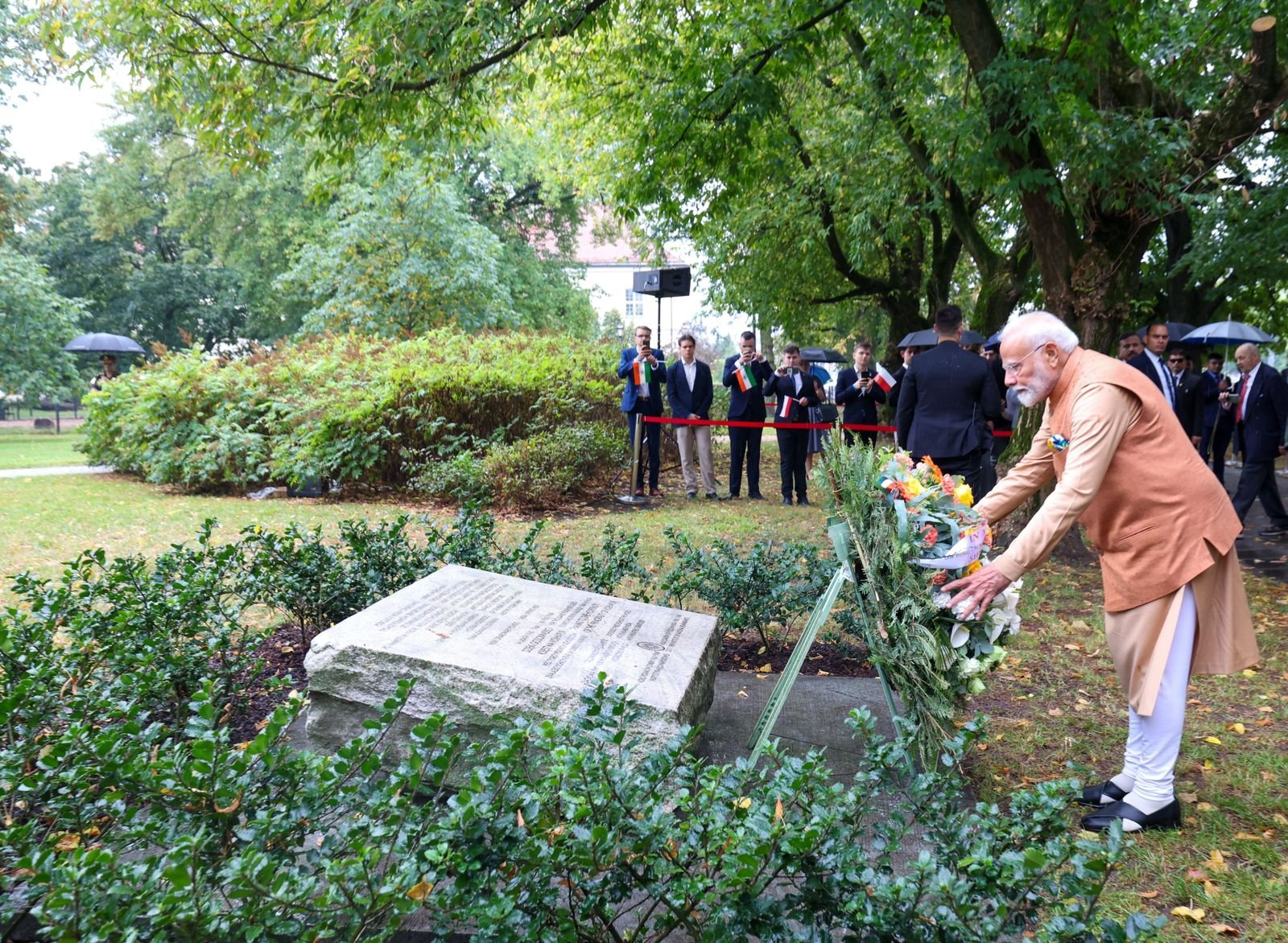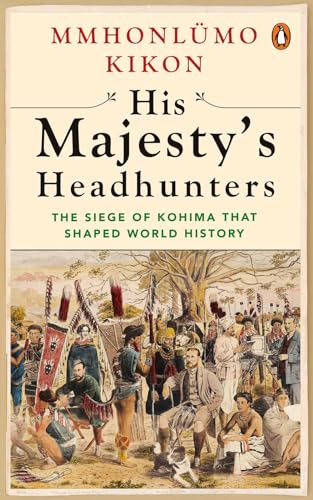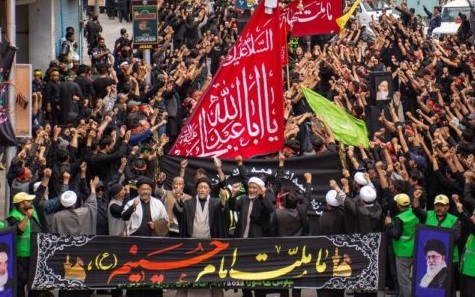If you must win, you must make your partner country a winner too
Foreign policy in the 21st century is underpinned by economic issues, in contrast to the 20th century when global politics and security aspects dominated diplomacy. Dammu Ravi, Secretary (Economic Relations), Government of India, discusses Indian diplomacy and how it navigates the G7 and BRICS, the opportunities and challenges for strengthening the Neighbourhood First policy in South Asia, and the country’s evolving economic diplomacy.











